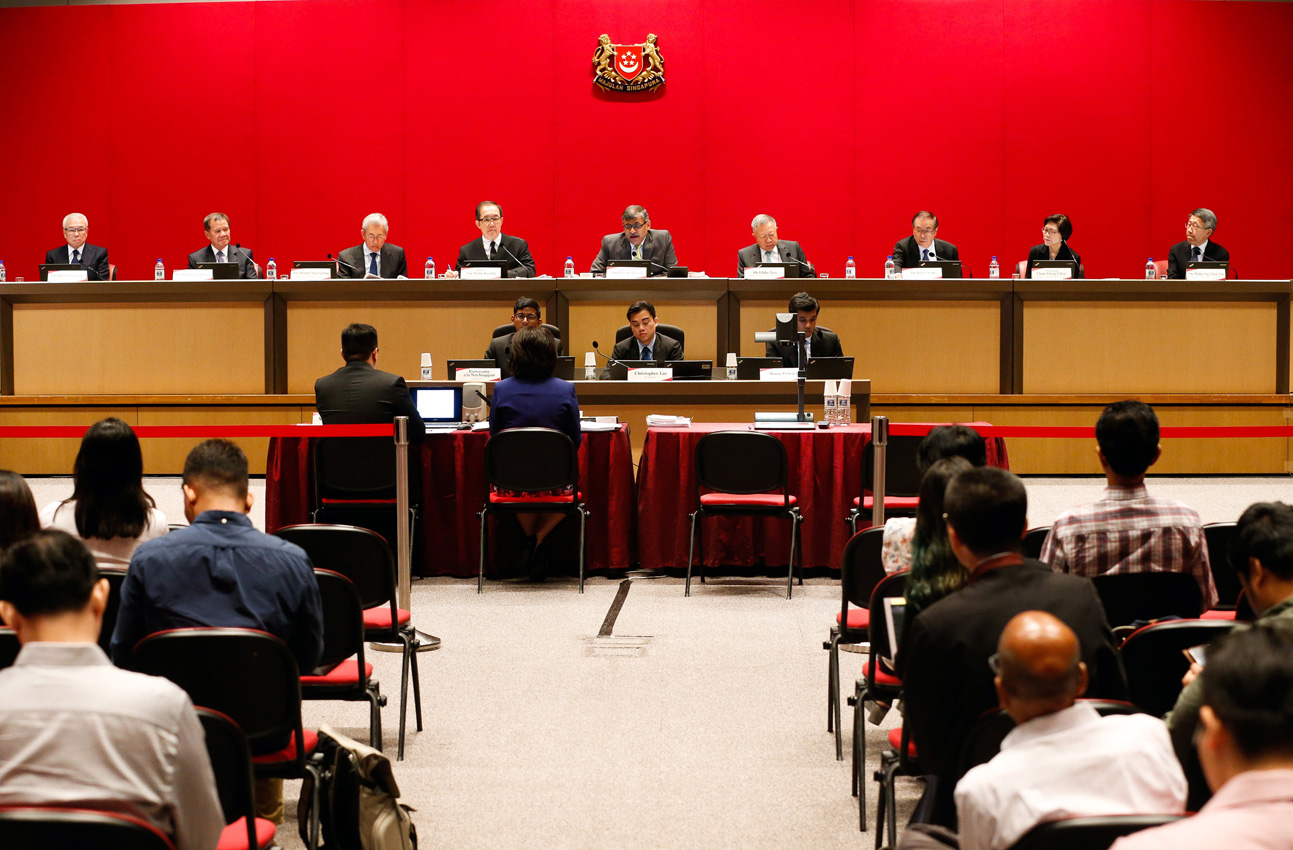The Singapore Government has accepted in principle the main recommendations of the Constitutional Commission, which released a report on Sept 7 on proposed changes to the Elected Presidency (EP).
These changes were proposed after months of deliberations by a committee chaired by Chief Justice Sundaresh Menon.
Upon its release, president Tony Tan Keng Yam said that he was confident that the amendments “will be a milestone for Singapore in ensuring that the EP scheme stays relevant with time and our local context”.
Here are four proposed changes you should know about:
Suggestion 1: Tighten eligibility criteria to ensure expertise and experience
The panel’s report suggested that potential candidates must have served six years in a public or private sector position, up from the current requirement of three years, to qualify.
The candidate’s qualifying tenure should also be within 15 years of the election, the report said.
Currently, the chairman or CEO of a company with at least $100 million in paid-up capital can qualify. The commission has suggested that only the most senior executive for a company with at least $500 million in shareholders equity can qualify.
This amount was derived after taking into consideration the confidence and experience the president must have in making decisions involving very large sums of money.
Suggestion 2: Reserve elections to ensure minority president
The paper suggested that the presidential election be reserved for a racial group if no president has come from that group for five continuous terms.
It is crucial to ensure that the highest office in the land can be held periodically by someone from a minority community because the presidency should reflect Singapore’s multi-racialism, the panel said.
Suggestion 3: Greater role for Council of Presidential Advisers
In its report, the commission suggested simplifying and streamlining the processes of the Council of Presidential Advisers (CPA).
It suggested that the role of the CPA be expanded, and that its views be given greater weight. It also suggested that the president should consult the CPA before exercising veto in all fiscal matters and public service appointments.
In a video statement, Deputy Prime Minister Teo Chee Hean said that the Government agrees in principle to the commission’s recommendations, but added that the details will need to be studied carefully.
“We must ensure that whatever changes we make do not politicise the CPA,” he said.
Suggestion 4: Implementing appointed presidency
The panel also suggested that the Government consider doing away with elections and having Parliament appoint a head of state to resolve the tension between the symbolic and custodial roles of the president.
The custodial role of the president in terms of safeguarding the reserves and the integrity of the Public Service could be assumed by a group of appointed experts instead, the panel said.
However, DPM Teo said in his response: “But as PM Lee has pointed out in his TV interview, it would be extremely difficult for a president, when exercising his custodial powers over the reserves and key public service appointments, to disagree with an elected Government, unless the president himself has the moral authority of an electoral mandate,” DPM Teo said.
The Government will give its response to the recommendations via a White Paper on Sept 15.
ljessica@sph.com.sg






